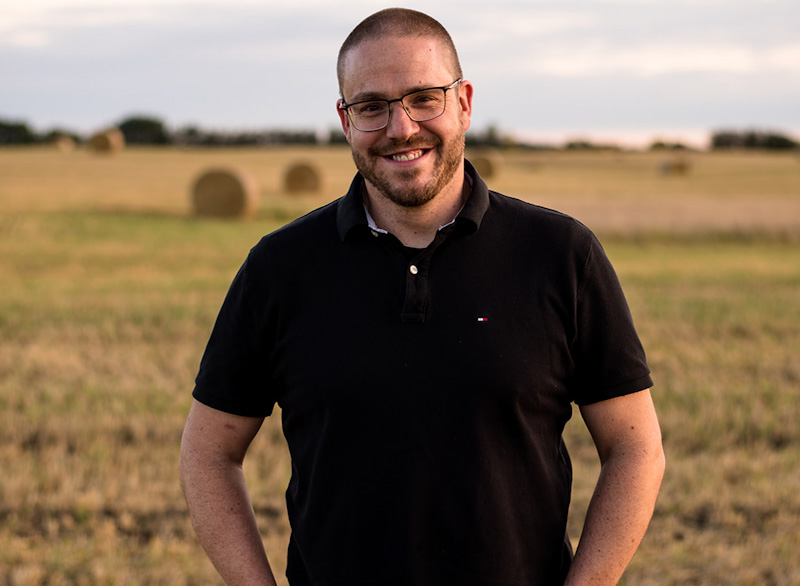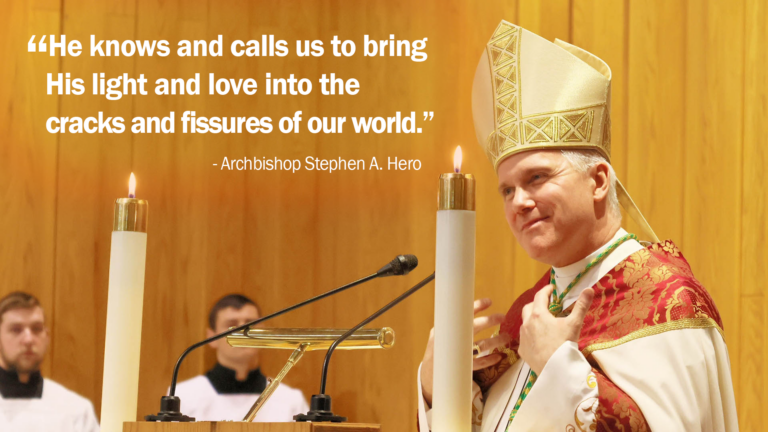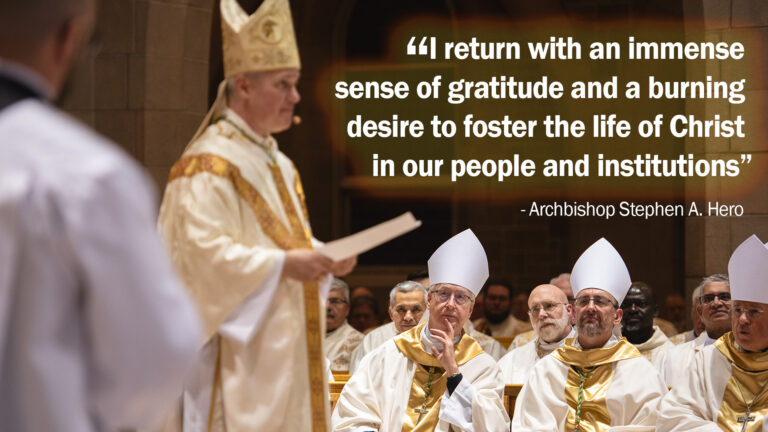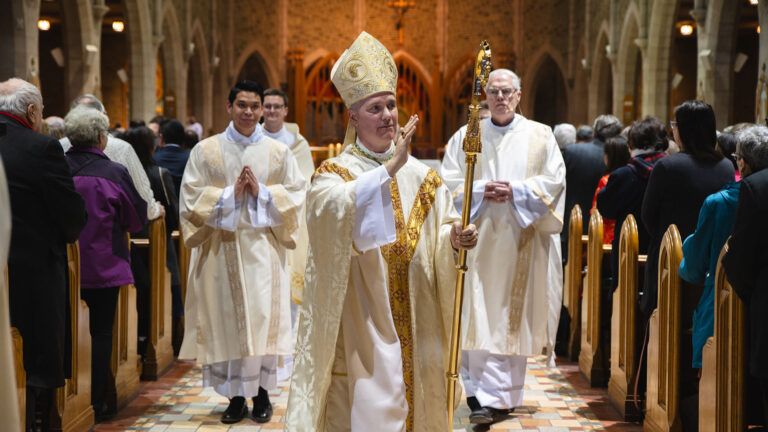Mike Landry
I bought my first car, a blue-and-rust-coloured 1982 Mercury Lynx, from a classmate’s brother, who happened to be a mechanic. I thought “Mechanic’s car? It must be in great shape!” And for a few months, it was. But in late December of 1999, I was driving home from Cold Lake when I realized something was seriously wrong. I had passed another vehicle on the highway, and when I shoulder checked all I could see was a cloud of smoke behind the car. I later discovered that a radiator hose had cracked, and all the coolant had leaked out of the car. When I attempted to take it to a mechanic for repairs, the engine seized on the way … and the car never ran again.
I think part of the wisdom of getting your oil changed every three months or so is that someone looks at your car and might see things that need work. As the old oil is being drained from the car, the mechanic performs a multi-point inspection around and underneath the vehicle which can often catch problems before they become more serious (like a leaking radiator hose).
These multi-point inspections are like those things the Church asks of us during the season of Lent. Catherine Doherty says that:
“Lent is a time of going very deeply into ourselves… What is it that stands between us and God? Between us and our brothers and sisters? Between us and life, the life of the Spirit? Whatever it is, let us relentlessly tear it out, without a moment’s hesitation.”
One of the ways we can go deeply into ourselves and perform a multi-point inspection is by means of an examination of conscience. This might be based on the Seven Deadly Sins or on the Ten Commandments and can often expose certain areas where we fall short of who and what God is calling us to be.
If our spiritual self-inspection reveals some places that need some work, that’s ok. All of us need some work (Romans 3:23). The beauty of Lent is that alongside the realization we need some work, we are also invited to use three tools to do something about it: prayer, fasting, and almsgiving.
Prayer
If our inspection shows that we are struggling to love God with heart, soul, mind (Matthew 22:37), our life of prayer is the place to start. There are many ways to understand prayer. St. John Damascene says that “Prayer is the raising of one\’s mind and heart to God or the requesting of good things from God.” St. Therese of Lisieux speaks of prayer as “a surge of the heart; it is a simple look turned toward heaven, it is a cry of recognition and love, embracing both trial and joy.”
Prayer is central to our relationship with God. Lent is a season where we’re invited to take stock of our prayer lives. If we don’t have a habit of praying daily, use these days to find something simple to commit to (a morning offering or reading a chapter from scripture might be a good place to start.) If the habit is well established, these days present a great opportunity for us to build on it by praying something like the Rosary or taking some time in Eucharistic Adoration so that prayer can become more of a conversation (talking and listening to God.)
Fasting
When we read the Gospel for Ash Wednesday, it always strikes me that Jesus says “when you fast” (Matt 6:16) and not if you fast. From that perspective, fasting is not an arbitrary or optional spiritual discipline… it’s something that’s expected of all of us. At the same time, many of us don’t have a great habit of fasting. The mandatory days of fasting (Ash Wednesday & Good Friday) and abstaining from meat (Fridays during Lent) are a good starting point. During this season, many choose to fast from other things as well: giving up sweets for Lent, cutting down on screen time, or even turning off the radio in the car. When we learn to fast consistently, we receive both spiritual and practical benefits. By fasting, we are learning to lean on God’s grace before whatever it might be that we are giving up. At the same time, we are building up the virtue of self-control, by choosing to give something that is objectively good (like food) for the sake of something greater (God). Fasting changes us.
Almsgiving
If we struggle with the commandment to love our neighbor as ourselves (Matthew 22:39), Lent invites us to practice almsgiving. Almsgiving usually means donating goods or money to the poor and to use our time and our talents to better the lives of those around us. This can mean donating to charity, shoveling a neighbor’s walk, donating blood, volunteering at the food bank, or serving a meal to those less fortunate. We may also be called to something more dramatic. Saints like Vincent de Paul and Teresa of Calcutta took this mission to heart and spent their lives serving the poorest of the poor. Lent challenges us to find every opportunity to do good for others – whatever that might look like, as we remember Jesus’ words: “Truly I tell you, whatever you did for one of the least of these brothers and sisters of mine, you did for me” (Matthew 25:40).
Just as our cars need regular inspections and maintenance, our spiritual lives also need to be examined more closely from time to time. Lent provides a beautiful opportunity for us not only to see where we need some work, but also those tools of prayer, fasting, and almsgiving to do something about it. May these forty days be spiritually fruitful in all of our lives!
“Lent is a path: it leads to the triumph of mercy over all that would crush us or reduce us to something unworthy of our dignity as God’s children. Lent is the road leading from slavery to freedom, from suffering to joy, from death to life.” – Pope Francis




